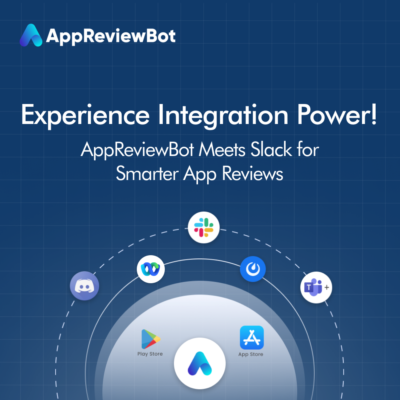Probably one of the most well-known social challenges facing us today is the growing wealth gap. According to Inequality.org, the world’s richest one percent own more wealth than nearly half of the entire world population. In the U.S., the top 10 percent owns about 70 percent of the wealth, which comes to wealthy individuals essentially having six times the wealth as the average adult.
The wealth gap has a number of consequences, but one in particular is of interest to many fintech firms. The most vulnerable populations—typically the poorest of the poor—are “unbanked,” meaning they do not have a bank account of any type. It is estimated that about 63 million Americans are either unbanked or underbanked, meaning they don’t have a bank account or have one but still rely on high-cost alternative financial services such as payday loans.
What’s more, the un/underbanked not only don’t have access to checking, but they also don’t have access to savings accounts, retirement accounts, and other financial products and services that are often associated with building wealth over time. And with the economic impact of the pandemic still working itself, many of the people in un/underbanked communities are facing even steeper hills to climb out of poverty.
While some might see the wealth gap and banking gap as a nearly insurmountable challenge, some entrepreneurs are seeing opportunities. That’s how this week’s Fintech Growth Talk guest Ramona Ortega sees it. Ortega is the founder and CEO of My Money My Future, a mission-driven fintech company that combines culturally-relevant financial content with simple to use financial tools.
A key piece that is missing from the equation for many un/underbanked isn’t just that they don’t have access to banking and other services, but they also don’t have access to all the wealth building tools that other demographics typically have. My Money My Future’s goal, says Ortega, is to help bring all the pieces together for these populations to help them not only survive, but to thrive.
That’s a process that’s not going to happen overnight. And part of the way to get there is to not only give people access to better tools and products, but also helping them understand their finances better so that they can make better financial decisions for themselves and their families. “It’s not just about investing. It’s not just about home ownership. It’s not just about any one of these things. It’s how they all play together,” says Ortega.
To date, Ortega sees many fintechs trying to solve some of “singular vertical problems” such as the solutions offered by many challenger banks’ no fees and easy access financial services. But this is table stakes for challenger banks, and there remains a lot of opportunity for growth in niche communities and audiences.
The good news is that by chasing these opportunities, fintech firms can also do good without having to necessarily sacrifice profitability. “There’s a huge opportunity to help people,” says Ortega, noting that it’s also profitable to provide people with the right tools for growing their own wealth.
To accomplish this, fintech firms like My Money My Future can focus on both innovation but also partnerships to reach more niche communities. This is a particularly important step, as many traditional financial institutions simply don’t have the cultural knowledge or awareness to speak to un/underbanked audiences. And it’s through these partnerships and similar vehicles that fintech firms like Ortega’s are working to bridge the wealth gap.
Ramona Ortega is the CEO & Founder of My Money My Future. MMMF is a fintech marketplace helping Black and Latinx millennials save, invest, and build wealth with automated financial guidance and personalized product recommendations. Previously she helped launch Azlo, a small business banking platform as Entrepreneur-In-Residence. Prior to founding MMMF, Ramona was a Wall Street attorney and worked on complex securities litigation and corporate matters in private practice and at the SEC and U.S. Bankruptcy Court. Early in her career, Ramona is a serial social entrepreneur and policy wonk. Ortega is a contributor to TechCrunch and HuffPost and is a sought after speaker and thought leader in Fintech. She has a B.A. from UCLA and a J.D. from Fordham School of Law. She is on the board of Village Capital, Camino Financial and Community Health Council.
Listen to our full interview with Ramona Ortega here.





 0
0


